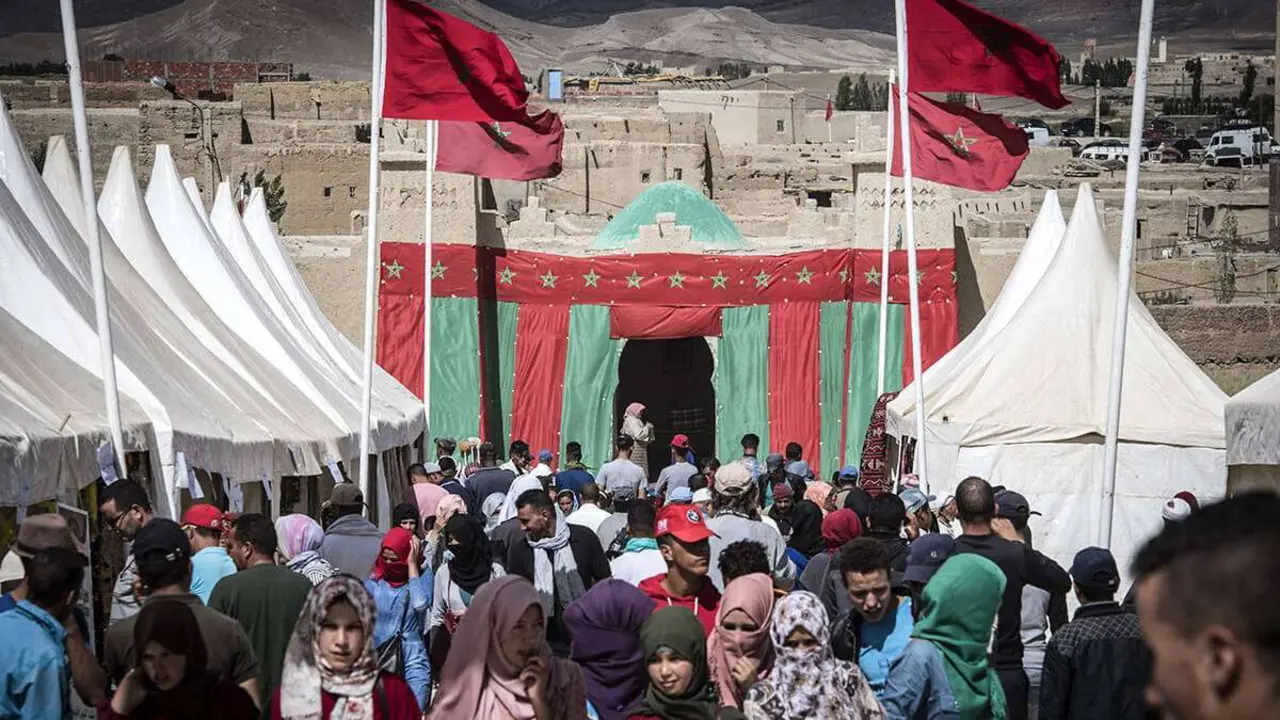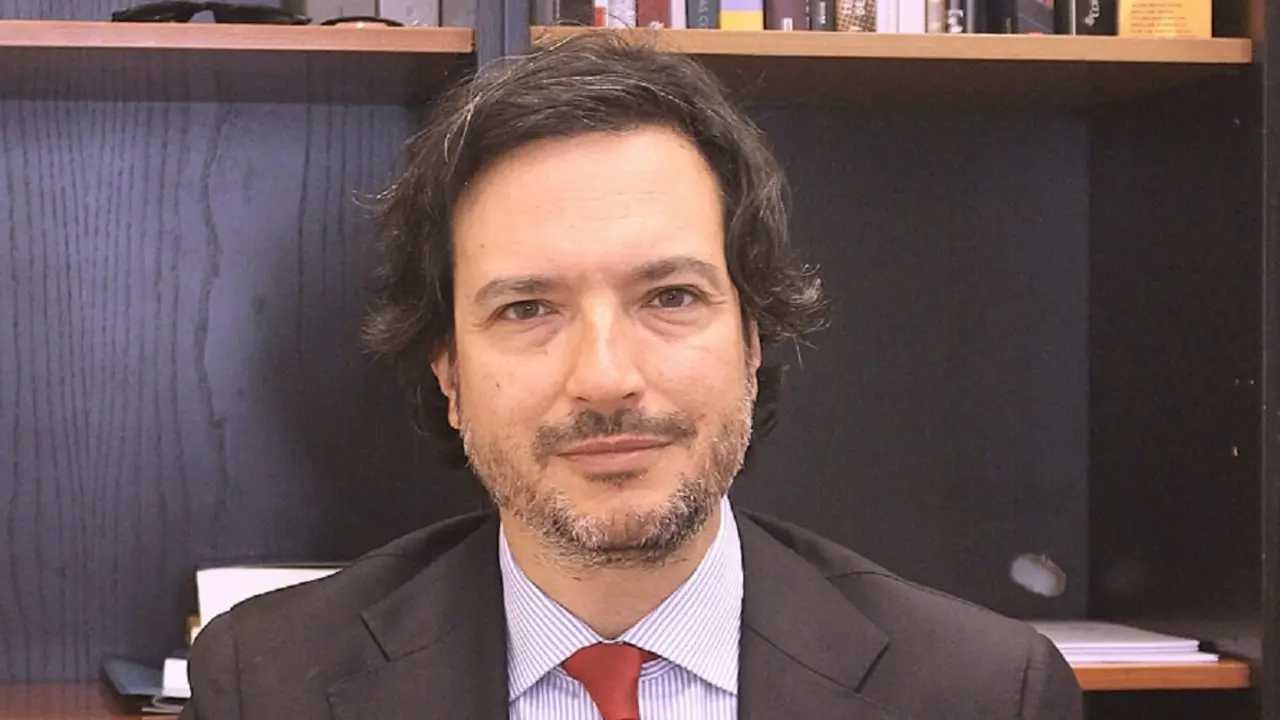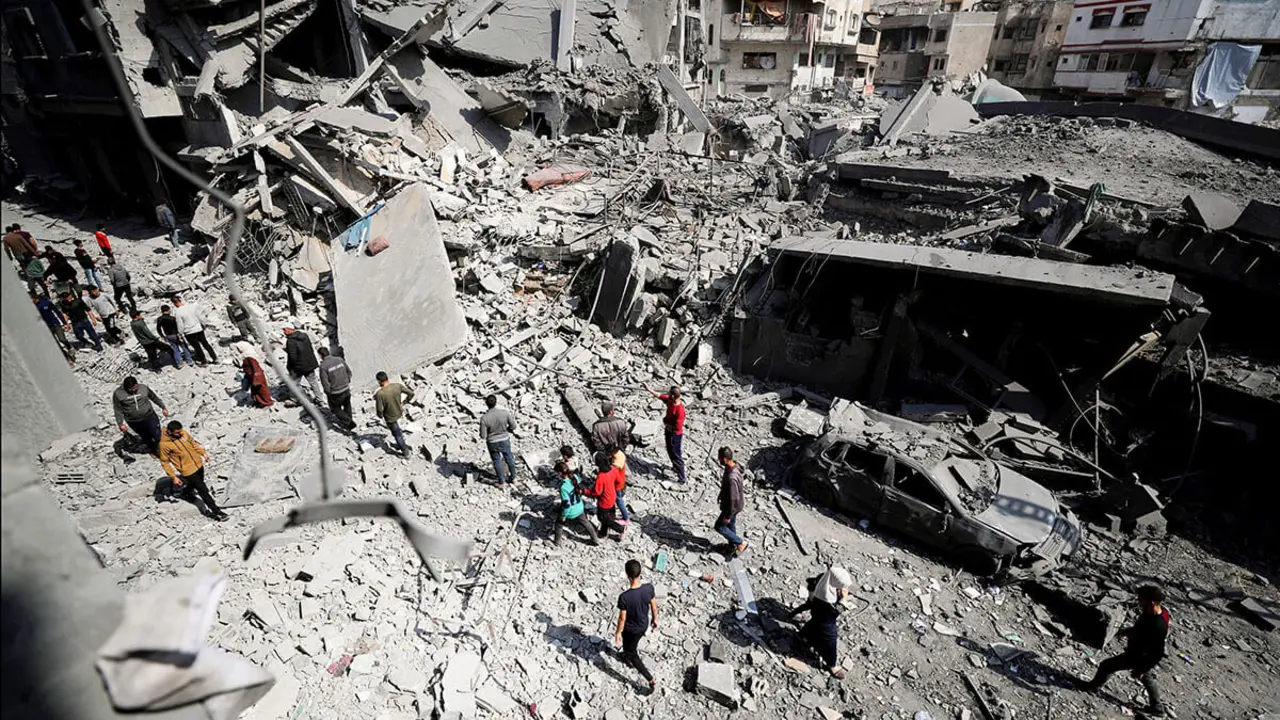Morocco's future threatened by droughts

On Wednesday 31, the Middle East Institute and the North Africa Policy Initiative (NAPI) organised a virtual roundtable on the growing challenges that make Morocco a country with an increasingly hot and arid climate.
Morocco is one of the most vulnerable countries in the world to climate change. The Kingdom's delicate ecosystem has been under pressure from years of rising temperatures and increasing water scarcity caused by declining annual rainfall, rising water consumption and the growth of water-intensive industries such as agriculture and tourism.
Changing climatic conditions are also negatively affecting Morocco's agricultural sector, which accounts for 19% of the country's GDP, leading to reduced crop yields, lower quality harvests and increased production costs due to the need to pump wells deeper.

In this session, young Moroccans discussed ways to lessen the impact of climate change in Morocco. They said it directly affects water scarcity, energy, agricultural production and education, and argued that these issues are connected.
Arab News reports that Fatna Ikrame El Fanne, an environmental engineer and climate activist, announced that the Moroccan government had recently started to pay attention to the problem. She said that several water-related strategies have been put in place to address water scarcity and management.
Among the long-term strategies developed by the government, he highlighted the creation of a roadmap for integrated water resources management and efficiency, and the enactment of a national water law providing a legal framework for water governance, rights and protection. The idea behind these government measures was to promote conservation and sustainable water use.

At the Policy Center for the New South, Isabelle Tsakok also talks about the Moroccan kingdom's measures:
"The government has invested heavily in dams, irrigation infrastructure and micro-irrigation technologies and has succeeded in building a significant irrigated agricultural sector... but recurrent droughts continue to have significant negative impacts on GDP growth and the livelihoods of the majority of smallholder farmers and vulnerable citizens in rural areas."
During the panel discussion, Wissal Ben Moussa, an engineer in agri-food industries and agro-ecology specialist, said that due to its geographical location, Morocco has an ecosystem prone to desertification and aridification.
She explained that the country's ecosystem has been severely affected by increased water scarcity due to decreased rainfall, increased water evaporation and rising temperatures. These factors have a direct impact on agriculture and food productivity.

"In coastal areas we see sea levels and water temperatures rising, which has a direct effect on biodiversity, marine life and the whole ecosystem," she said. "Climate change is affecting our unique and very fragile ecosystem in forests, wetlands, mountainous regions and more specifically in the southern regions of Morocco, which are already semi-arid and becoming more so."
Hasnae Bakhouch, a UN Women Youth Peacebuilder and environmental activist, also commented on the impact of water scarcity on women in rural areas, as they are the ones who take on many of the domestic and agricultural responsibilities.
She said the lack of adequate infrastructure in rural areas created added risks for women trying to find water for their families.
The Climate and Country Development Report (CCDR), published by the World Bank, also shows concern for the future socio-economic development of the country. Given that rain-fed agriculture still accounts for 80 per cent of the country's cultivated area, employing the majority of the agricultural labour force, climate-induced changes in rain-fed agriculture could lead to the migration of up to 1.9 million Moroccans to urban areas by 2050.
The CCDR also argues that these benefits will not be fully realised unless infrastructure development is accompanied by additional 'soft' measures, such as water demand management, water governance and other actions designed to bring about behavioural change.








